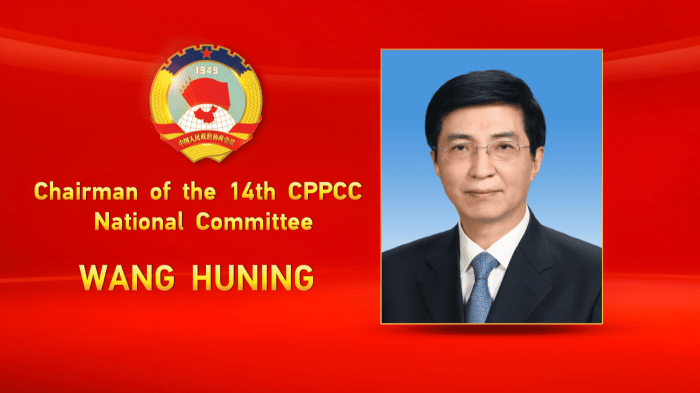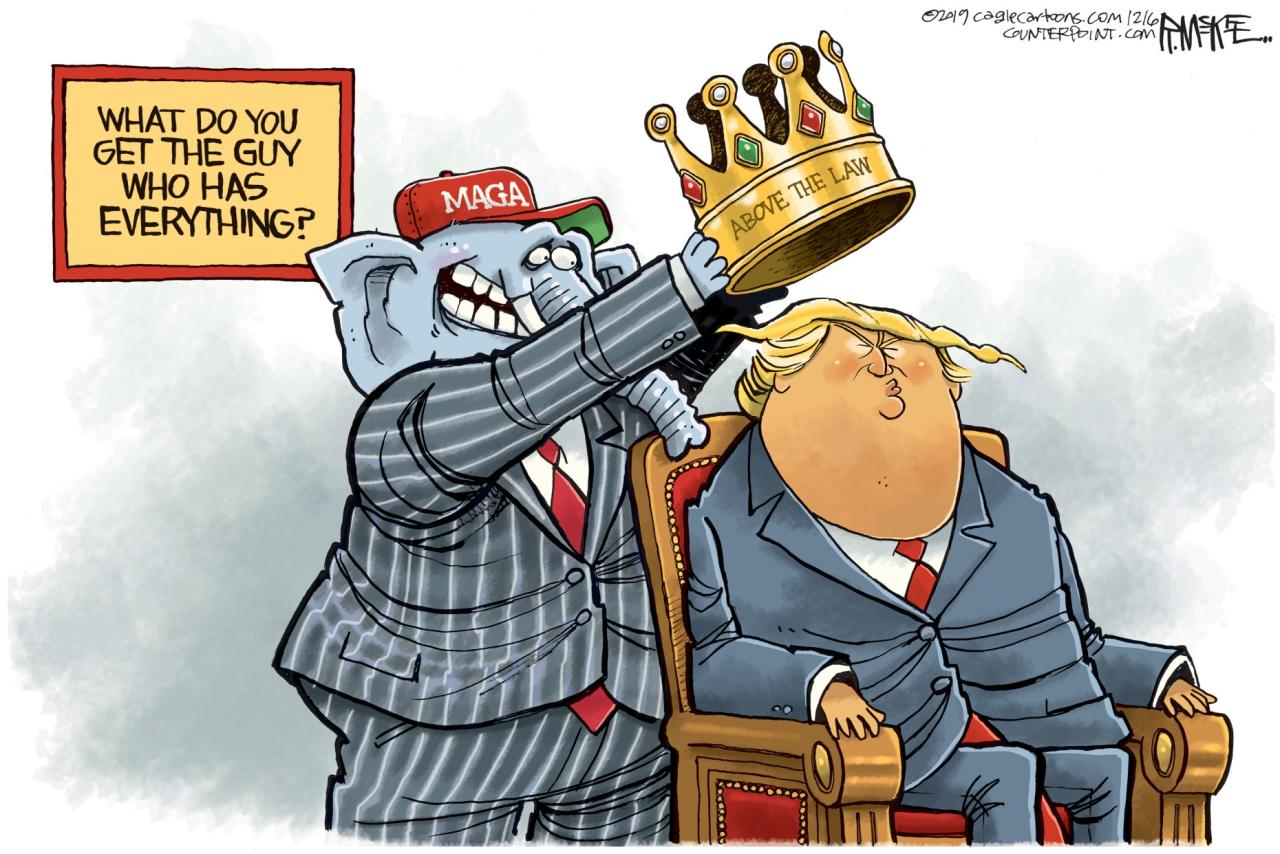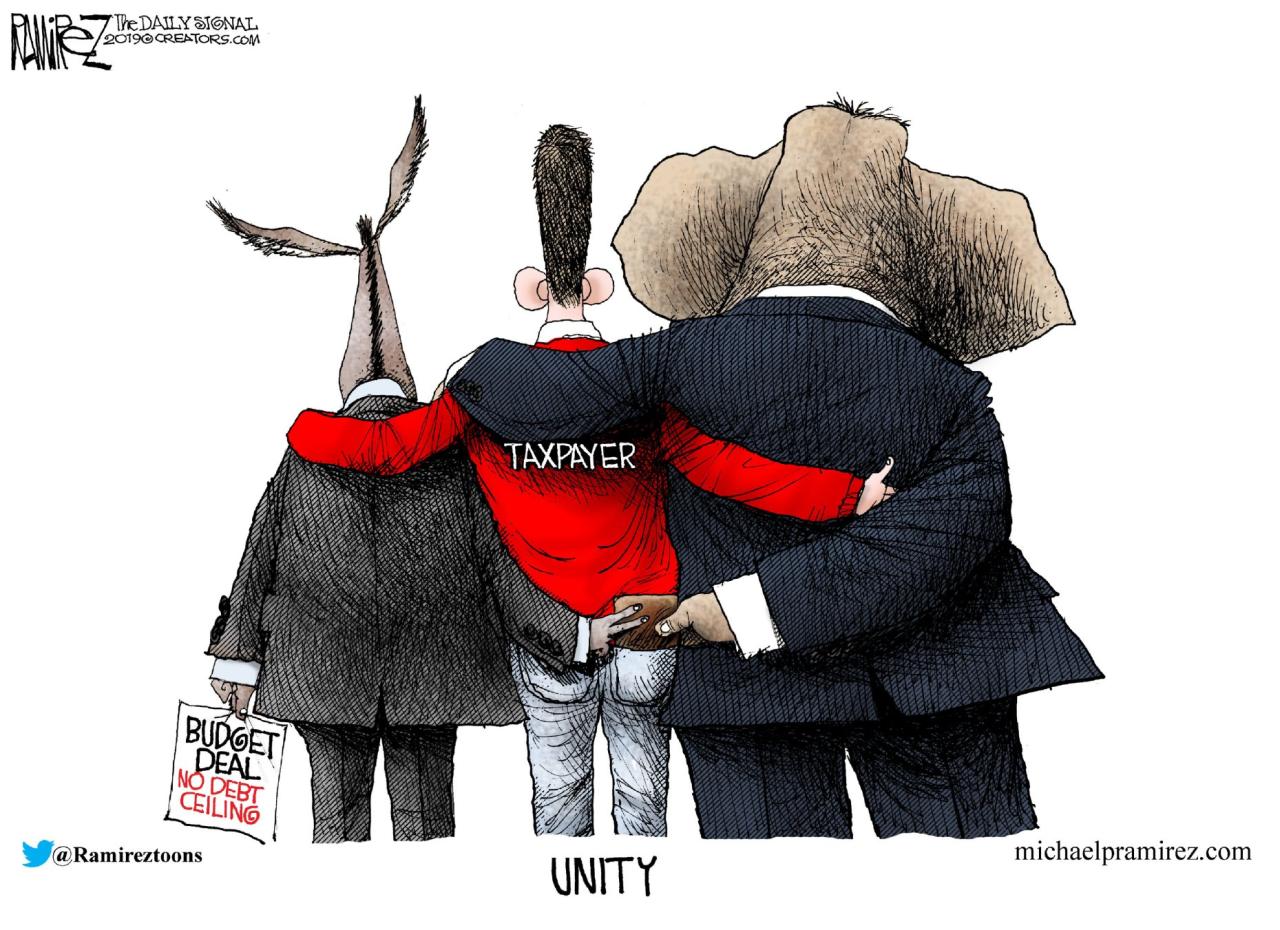We the people: an introduction to american politics 14th edition – In the 14th edition of “We the People: An Introduction to American Politics,” readers embark on a comprehensive exploration of the intricate world of American politics. This seminal work delves into the fundamental principles, institutions, and processes that shape the political landscape of the United States, providing an in-depth understanding of the nation’s governance system.
From the foundational ideals enshrined in the Declaration of Independence to the complexities of modern policymaking, this book offers a thorough examination of the American political system. It analyzes the role of citizens, political parties, interest groups, and government institutions in shaping public policy and addressing the challenges facing the nation.
1. Introduction to American Politics

The phrase “We the People” signifies the foundation of American government, where power is vested in the citizens and not in a monarch or ruling class. It reflects the principle of popular sovereignty and the idea that the government exists to serve the interests of its citizens.
The 14th edition of “We the People: An Introduction to American Politics” explores key themes such as the principles and institutions of American government, political participation, public policy, civil liberties, foreign policy, and national security. It provides an updated and comprehensive overview of American politics, addressing contemporary issues and challenges.
1.1 The Foundations of American Government, We the people: an introduction to american politics 14th edition
American government is based on principles such as limited government, individual liberty, and the rule of law. Federalism, the division of power between the national and state governments, ensures a balance between central authority and local autonomy.
The separation of powers and checks and balances within the government prevent any one branch from becoming too powerful. The executive, legislative, and judicial branches have distinct roles and responsibilities, with mechanisms in place to limit the power of each branch.
1.2 Political Participation and Representation
Political participation in the United States takes various forms, including voting, running for office, and engaging in interest group activities. Elections are a crucial aspect of the electoral process, allowing citizens to choose their representatives and hold them accountable.
Political parties and interest groups play a significant role in American politics. Parties provide a platform for candidates and articulate policy positions, while interest groups advocate for specific issues or constituencies.
1.3 Public Policy and the Policymaking Process
The American government addresses a wide range of policy areas, including healthcare, education, environmental protection, and economic development. The policymaking process involves multiple stages, from agenda setting to policy implementation.
Different actors, including the president, Congress, and the bureaucracy, have varying roles in the policymaking process. The president proposes policies and signs legislation, Congress debates and approves laws, and the bureaucracy implements and enforces policies.
1.4 Civil Liberties and Civil Rights
Civil liberties, such as freedom of speech and religion, are protected by the Bill of Rights. Civil rights, including the right to vote and equal protection under the law, have been expanded over time through constitutional amendments and court decisions.
Debates over civil rights and social justice have been a defining feature of American history and continue to shape contemporary political discourse.
1.5 Foreign Policy and National Security
American foreign policy aims to protect the nation’s interests, promote democracy, and maintain global stability. The president, Congress, and the military play key roles in foreign policy decision-making.
The United States faces challenges in the global arena, including terrorism, nuclear proliferation, and climate change. American foreign policy seeks to address these challenges while balancing national interests with international cooperation.
Essential FAQs: We The People: An Introduction To American Politics 14th Edition
What is the significance of the phrase “We the People” in American politics?
The phrase “We the People” signifies the fundamental principle of popular sovereignty, which holds that the government derives its authority from the consent of the governed.
What are the key themes explored in the 14th edition of “We the People: An Introduction to American Politics”?
The 14th edition explores themes such as the foundations of American government, political participation and representation, public policy and the policymaking process, civil liberties and civil rights, and foreign policy and national security.
What is the role of the Bill of Rights in American politics?
The Bill of Rights, comprising the first ten amendments to the US Constitution, safeguards individual freedoms and protects citizens from government overreach.


